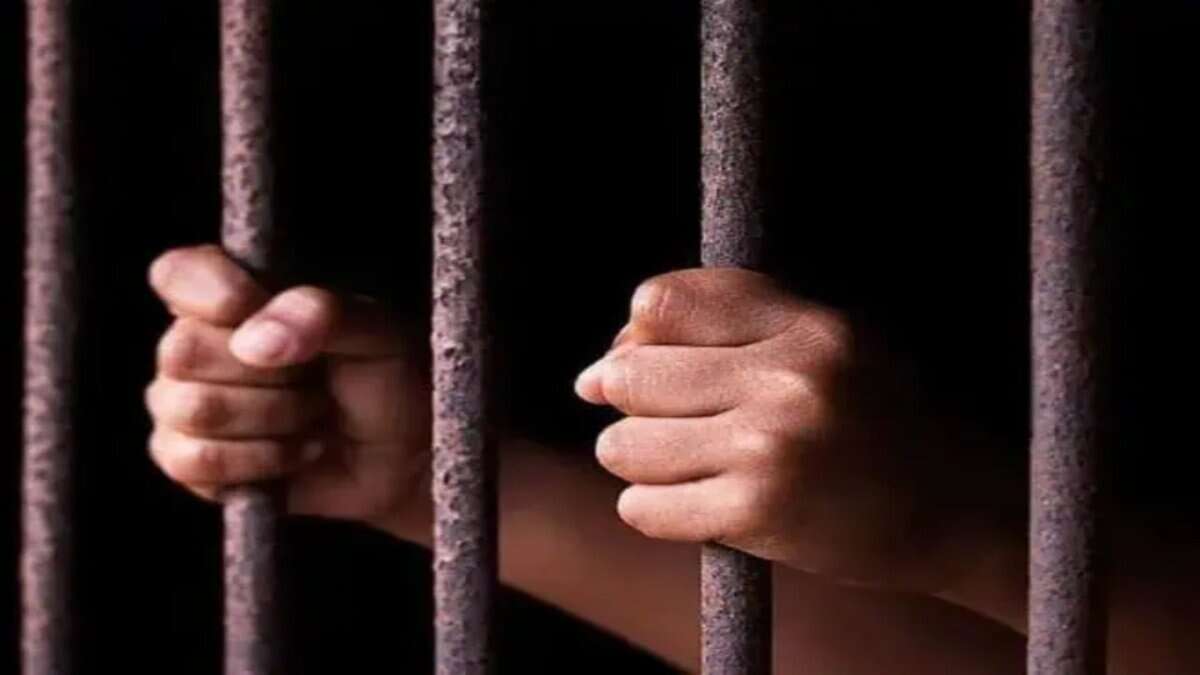
By Abhik Sen and Moumita Barman
Justice is measured not just in terms of punishing an accused, but also by how fairly all parties have been treated. Closure and reparation for victims are pertinent for effective justice delivery, and so is a timely, impartial verdict for the accused. Yet in India, that process too often collapses under delay. When years pass before a case is even heard, both reparation and accountability lose meaning. The real crisis, then, is not a struggle between victims’ rights and defendants’ rights, but a system so stalled that it fails both.
Munna Singh: System exposed
Imagine spending 43 years as an accused, not because one is guilty but because the trial never happened. This is the story of Munna Singh, whose harrowing ordeal started in 1979, when he was only 10 years old. While he spent a month in prison, the uncertainty was no less until he was finally acquitted in October 2022. This case sounds outlandish, but it is representative of the Indian justice delivery system. Long, complicated, and often expensive, the system works efficiently to maintain social inequities. If we cannot give timely justice, it is pertinent to help the undertrials stay physically and mentally able to have a chance at life if released. This is where the silence around mental health in the justice system becomes most disturbing. We speak of legal rights, yet we have been mere spectators to the psychological harm. Munna Singh’s case may be extreme, but the mechanism that trapped him is ordinary delay.
Delay is the default
In its recent rebuke of the Uttar Pradesh government for not releasing an accused for want of particulars, a bench of the Supreme Court said, “God knows how many are languishing in your jails over technicalities.”
The rights of the accused are particularly important in India because of the damning statistics about the rates of incarceration of undertrial prisoners. NCRB’s 2022 data has shown that both the total number of incarcerated people and the number of undertrial prisoners have increased, with undertrials now making up 75.8% of the total prison population.
Arbitrary detainments are not an exception but a routine. Marginalities and poverty worsen the situation. Procedure cannot be an excuse for providing dignity and justice to incarcerated people. The Supreme Court, in its ruling in the year 2000, State of AP vs. Challa Ramakrishna Reddy, held that prisoners are entitled to all constitutional protections, including healthcare. The government routinely violates these rights by not improving prison conditions and denying health and sanitation services. It is through this lens that we must imagine the state of mental healthcare in the Indian penal system.
Procedure as punishment
The most neglected aspect of the criminal justice system is the effect of prolonged incarceration of undertrial prisoners. Undertrials’ mental health suffers due to the uncertainty surrounding their status and the lack of timely legal, social, and psychological aid. While the convicted people’s experience in jails is troubling, they know how long they will be incarcerated, whereas time stretches on for undertrials.
The trauma of incarceration affects not only the prisoners but also their households, which suffer from the isolating effects of the stigma attached to imprisonment. A 2011 study of 6,008 American adolescents found that when their mothers are incarcerated, they are at a higher risk of disruptive behaviours and school dropouts. While India has little comparable data, it can certainly learn from these findings. In the current system, incarceration acts as a placeholder for justice, and we must ask what the system seeks to resolve and the cost it inflicts on all stakeholders.
India must treat before it punishes
If the Indian system aims to be rehabilitative, then it must stop the harm of pre-trial detentions. It must acknowledge the systemic barriers that keep people incarcerated and work towards corrective measures while ensuring, at the same time, the dignity of undertrial prisoners with every tool to help them reintegrate into society.
The policy architecture already exists to provide mental health cover to prisoners, making its implementation more urgent. Indian jails need depopulating, and incarcerated people need to be given the help they are entitled to. We must explore ways in which the shortfall in trained psychologists or counsellors can be overcome and prison officials sensitised to the mental health needs of the imprisoned. Till these basic needs are fulfilled, India as a nation remains a bystander to the deteriorating health of prisoners, their families, and harm to the larger community, too.
Roadmap for rehabilitation over detention
There are three steps that can be undertaken by prisons to begin with: First, screen early and treat in time, since every prisoner who is given early psychological screening reduces the possibility of harm to themselves and fellow prisoners, and, if possible, low-risk or petty-offence accused prisoners should be considered for home-based detention. Second, we must find alternatives to staffing issues—while the number of available specialists like psychologists is low, we can look at creating peer-support groups with the help of model prisoners, former inmates, and fresh graduates, under supervision, who can be trained in providing basic support. Additionally, the collection of health data must be made more robust and inclusive of risk factors—independent medical board reviews can potentially neutralise official biases, and live dashboards of health issues can exert pressure on prison officials and discourage neglect.
Furthermore, considering the pendency of cases, states must consider one-time pardons or early release for victimless crimes. It is also incumbent on states to establish a more rigorous mechanism for the collection of fines or community service where the law provides for it instead of jail time, which can be administered by local bodies. BNS has clear guidelines on bail provisions in cases of non-violent crimes, where undertrials should be released on completion of one-third of the maximum prescribed sentence, which is also up to states to implement with greater urgency. There is a need for maximising the legal provisions, but also devising methods to increase the use of home detention through available surveillance technologies.
A system that cannot distinguish between a conviction and accusation ends up punishing those who may never be found guilty. Justice delayed is not just justice denied—it is justice distorted. The weight of this delay crushes not only the individuals but their communities, reinforcing cycles of poverty, marginalisation, and hopelessness. It is a national disgrace that we allow legal inertia to substitute for moral responsibility. The cost of slowness in justice is far more than lost time—it is lost lives, dignity, and opportunity. Swift, fair trials are not a luxury but a constitutional imperative in any civilised society.
All this is to say that detention may be necessary, but should not be the default choice. It should ideally be an instrument of last resort, and we must explore rehabilitation without detention.
Abhik Sen, a former hotelier and Public Policy graduate from TISS, Hyderabad, is currently interning with the Centre for Development Policy and Practice (CDPP), a Hyderabad-based research organisation. On the other hand, Moumita Barman is a Senior Research Associate at CDPP.


